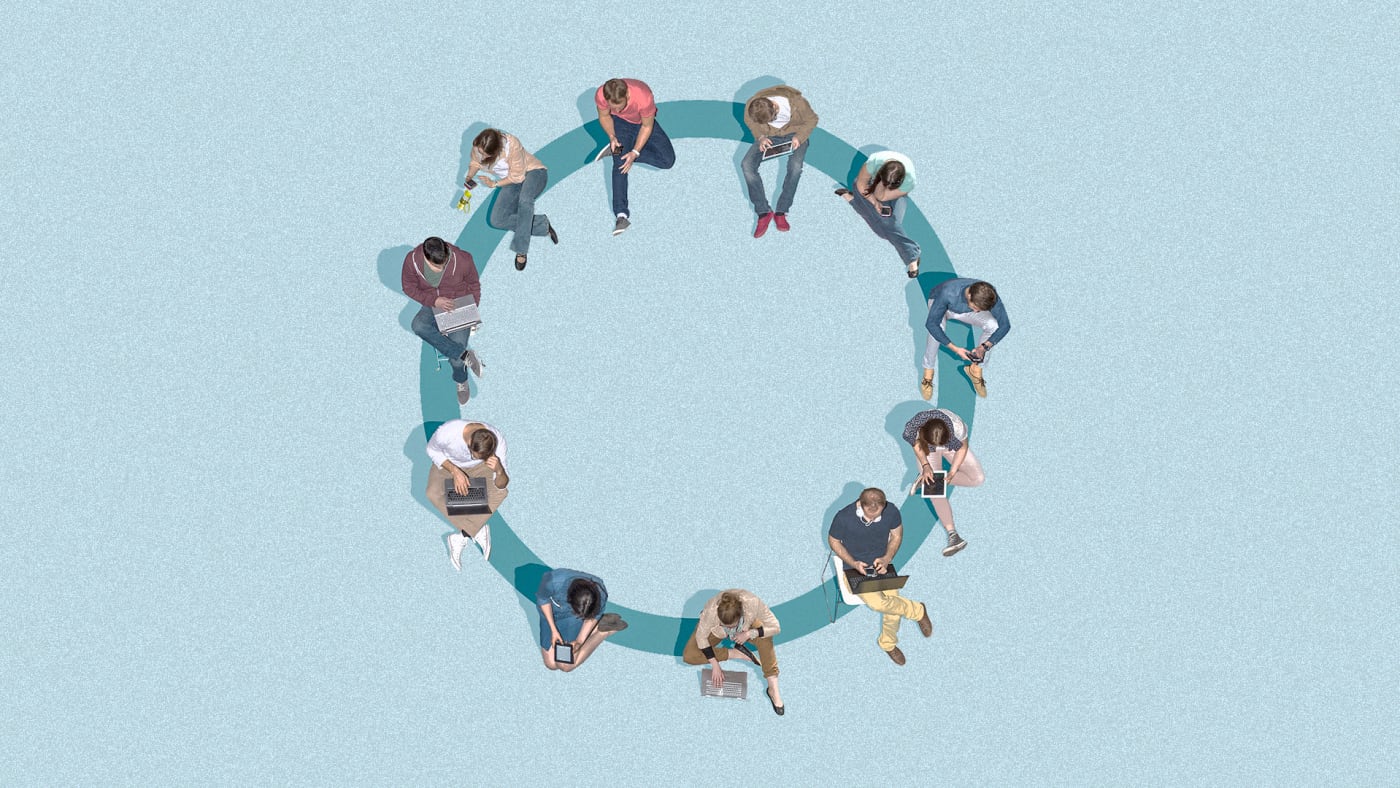From human-centered design to humanity-centered design

The design industry’s reigning paradigm is in crisis. It’s time to evolve from human-centered design to humanity-centered design, write Artefact’s Rob Girling and Emilia Palaveeva.
If followed blindly and left unchecked, this cult of designing for the individual can have disastrous long-term consequences. A platform designed to connect becomes an addictive echo chamber with historic consequences (Facebook); an automation system designed to improve safety undermines our ability to seek information and make decisions (the plane autopilot); a way to experience a new destination like a local squeezes lower income residents out of affordable housing (Airbnb). Each of these examples is recognized as a real product or service design feat. Yet by focusing on the individual user alone, we often fail to take into account broader cognitive and social biases. By zeroing in on the short-term impact and benefits of our designs, we spare ourselves asking the really hard question: Are we designing a world we all want to live in today and tomorrow?
To be agents of positive change, we as designers need to think more broadly about the direct and secondary consequences of our work. We need to be clear-eyed about what we are striving to do and minimize the chances of creating more problems than we are trying to solve. To do that, we need to integrate our discipline with systems thinking, which entails understanding how systems work and evolve over time. This will allow us to anticipate and mitigate the negative longer-term consequences of well-intentioned solutions. As a result, we will be poised to design systems that have minimum negative impact, create and sustain equity, and build on technological advances without disrupting the foundations of society. We have the responsibility to evolve from human-centered design thinkers to humanity-centered designers.
Interesting too is their take on how “short-termism” (the cult of agile development, Silicon Valley’s “run fast and break things†ethos, even design thinking as a process with its emphasis on rapid prototyping, testing, iterating) prevents us “from solving the dizzying array of long-term problems we face: climate change, growing political instability and polarization, economic inequality, unsustainable social systems like social security and healthcare, digital systems compromising our privacy and security, and the specter of joblessness resulting from AI and automation.”



